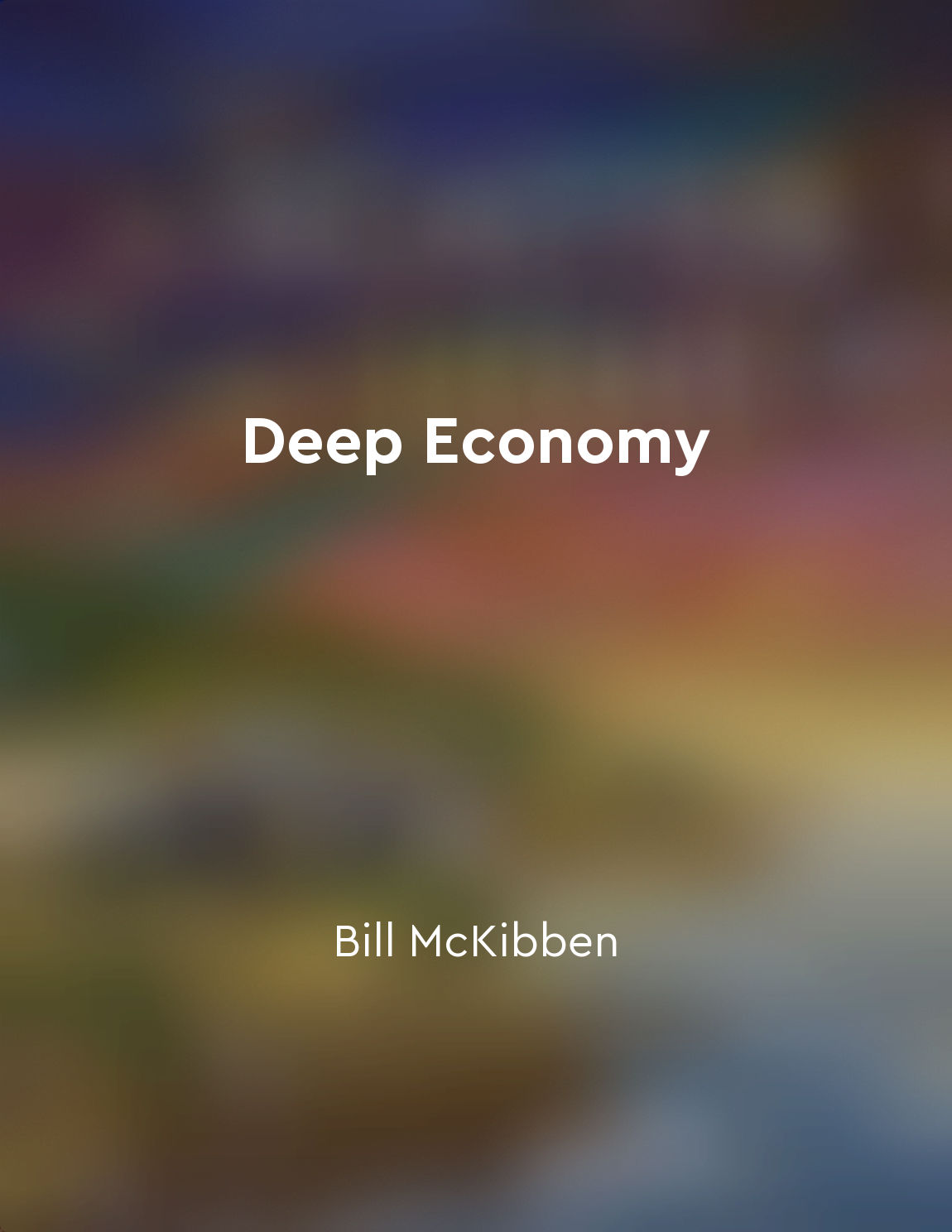Global economic integration has increased the interdependence of countries from "summary" of International Financial Management, Abridged Edition by Jeff Madura
The increasing interconnectedness of national economies has been a defining feature of the global economic landscape in recent years. This phenomenon, known as global economic integration, has resulted in a higher degree of interdependence among countries. This interconnectedness has been driven by various factors, including advancements in technology, the liberalization of trade and investment policies, and the growth of multinational corporations. As a result, countries are more reliant on each other for trade, investment, and financial flows. One of the key aspects of this interdependence is the increasing cross-border movement of goods and services. With the reduction of trade barriers and the expansion of global supply chains, countries are now more reliant on each other for access to goods and services. This has led to a situation where disruptions in one country's economy can have ripple effects across the globe. In addition to trade, financial interdependence has also increased significantly in recent years. The integration of financial markets has made it easier for capital to flow across borders, leading to greater interconnectedness among countries' financial systems. This has both benefits and risks, as financial crises in one country can quickly spread to others. Furthermore, the rise of multinational corporations has further deepened the interdependence of countries. These companies operate across borders, with production facilities, supply chains, and sales networks spanning multiple countries. As a result, the fortunes of these companies are closely tied to the economic performance of various countries.- The trend of global economic integration has led to a higher degree of interdependence among countries. This interconnectedness has both benefits and challenges, as countries are now more reliant on each other for trade, investment, and financial stability. As a result, policymakers need to consider the global implications of their actions, as decisions made in one country can have far-reaching consequences across the world.
Similar Posts
The need for empathy and understanding will be essential
Empathy and understanding will be critical in the tumultuous years ahead. As society becomes more interconnected and diverse, t...
Investment in physical and human capital promotes growth
Investment in physical and human capital is essential for promoting economic growth. Physical capital refers to the tools, mach...

Investing in local businesses is beneficial
Investing in local businesses is an idea that has gained traction in recent years, as people begin to see the benefits of suppo...

Tax planning is essential for minimizing a firm's tax liabilities across borders
Tax planning plays a crucial role in helping firms reduce their tax obligations when conducting business across borders. This i...

Coordination among policies is crucial
The successful implementation of industrial policy requires a coordinated approach among various policy instruments and agencie...
Performance management measures employee productivity
Performance management is a crucial aspect of business operations, as it allows organizations to effectively monitor and evalua...
Resilience is key to overcoming challenges
Resilience is the ability to bounce back from setbacks and challenges. It is the quality that enables individuals to persevere ...
The Phillips curve shows the tradeoff between inflation and unemployment
The Phillips curve is a fundamental concept in economics that illustrates the relationship between inflation and unemployment. ...
Liquidity is essential for the functioning of financial markets
The ability to buy or sell financial assets quickly and without significantly affecting their prices is known as liquidity. Liq...

Economics studies human behavior
Economics, at its core, is the study of how individuals make choices in the face of scarcity. This fundamental concept underpin...

